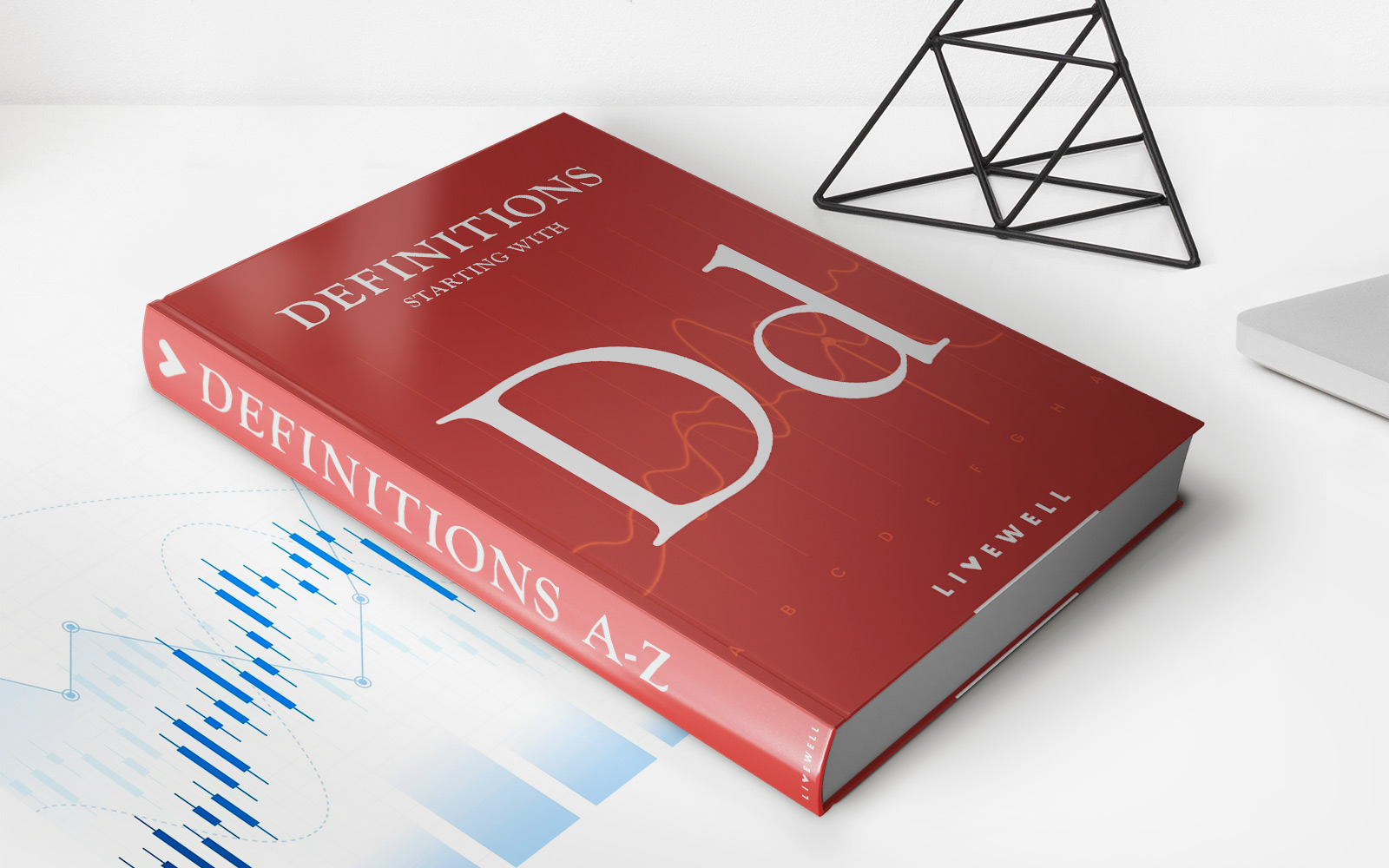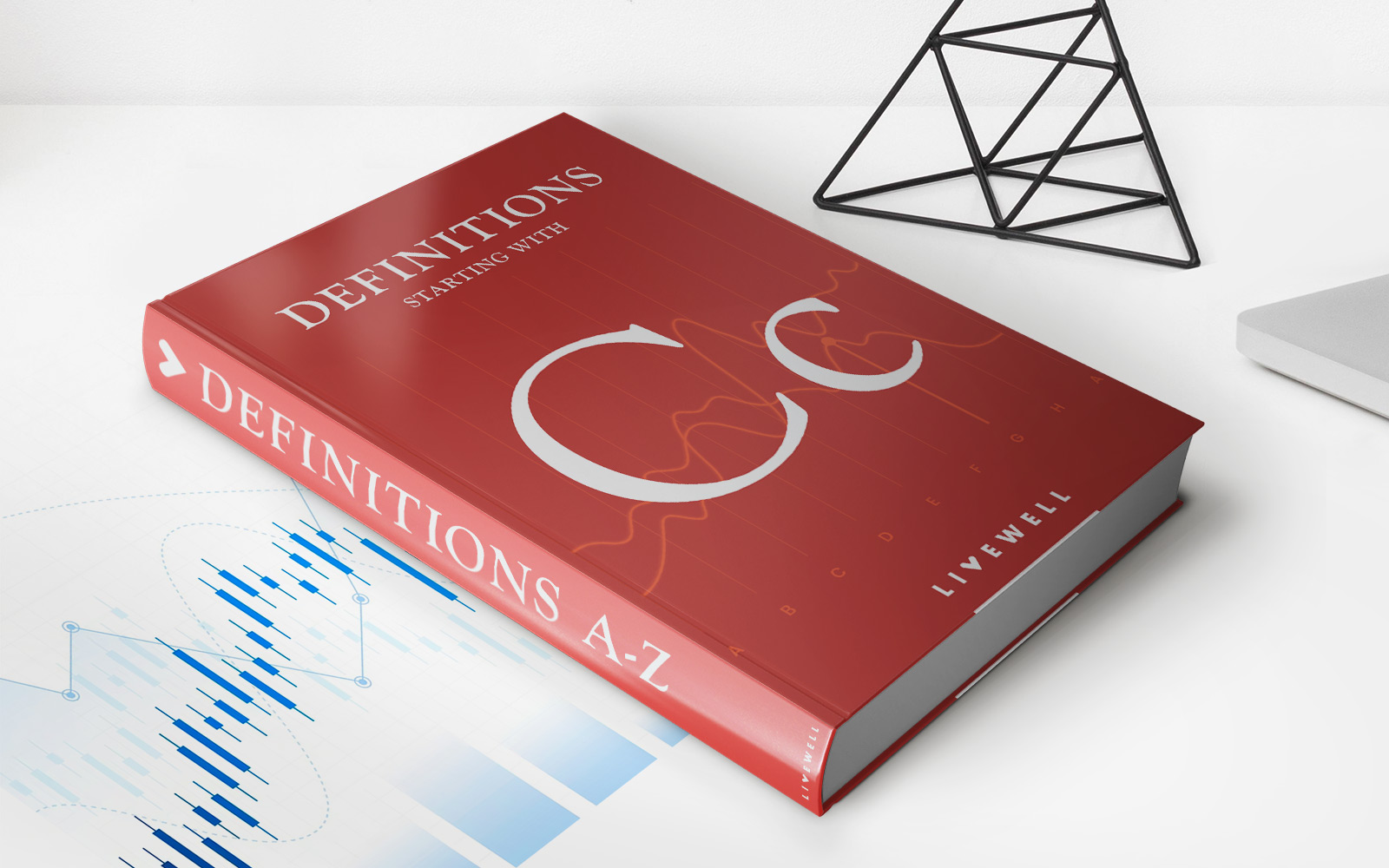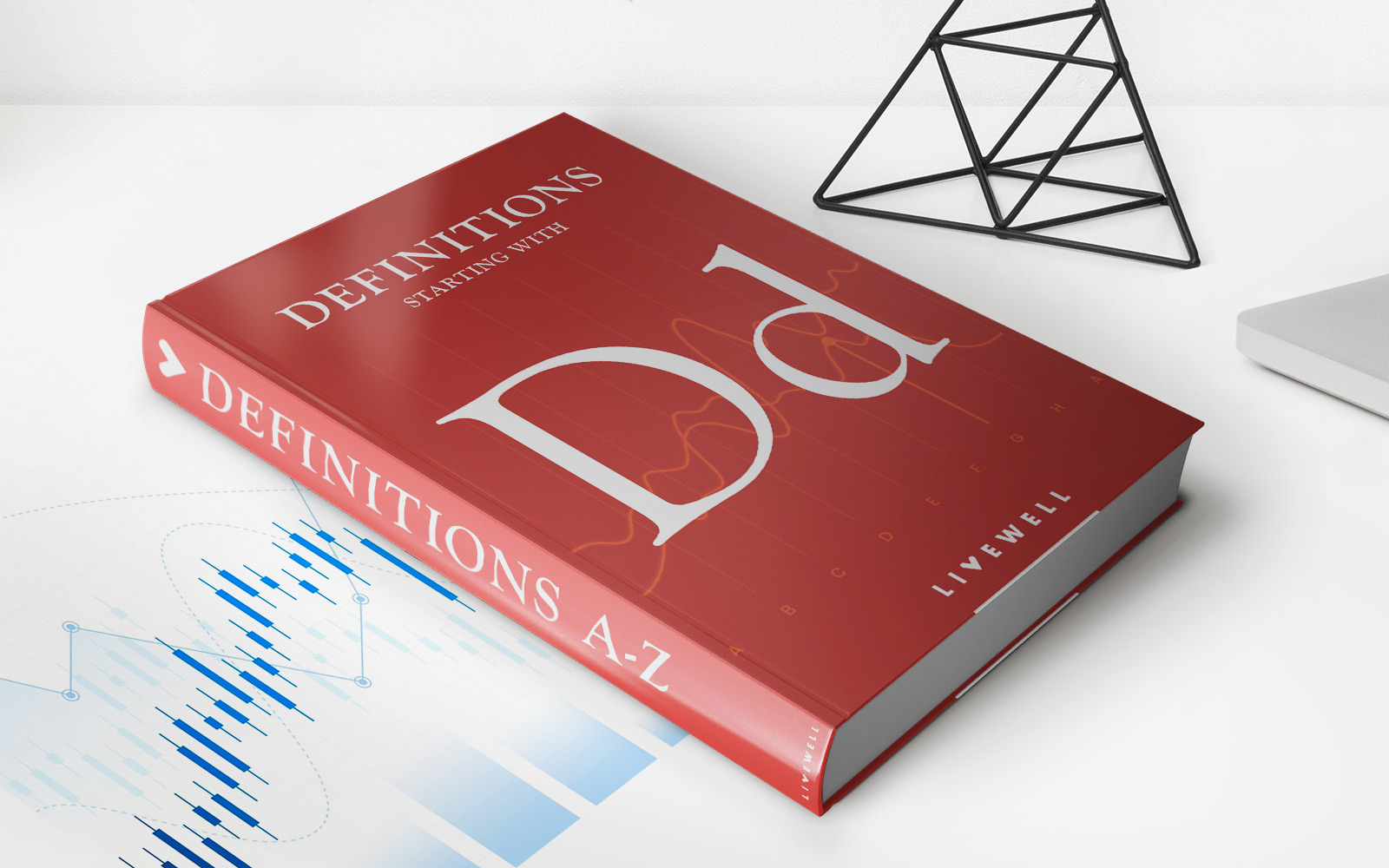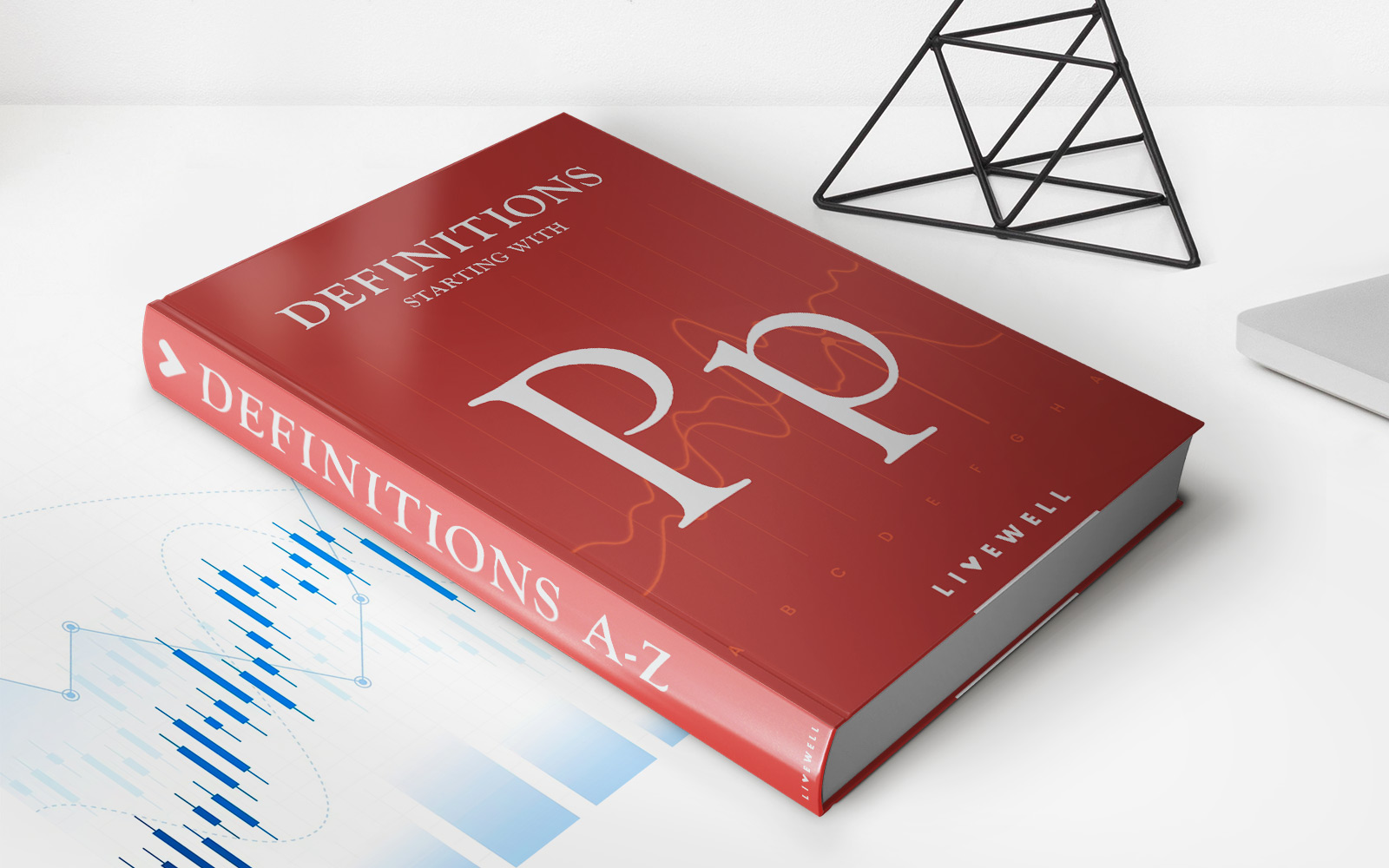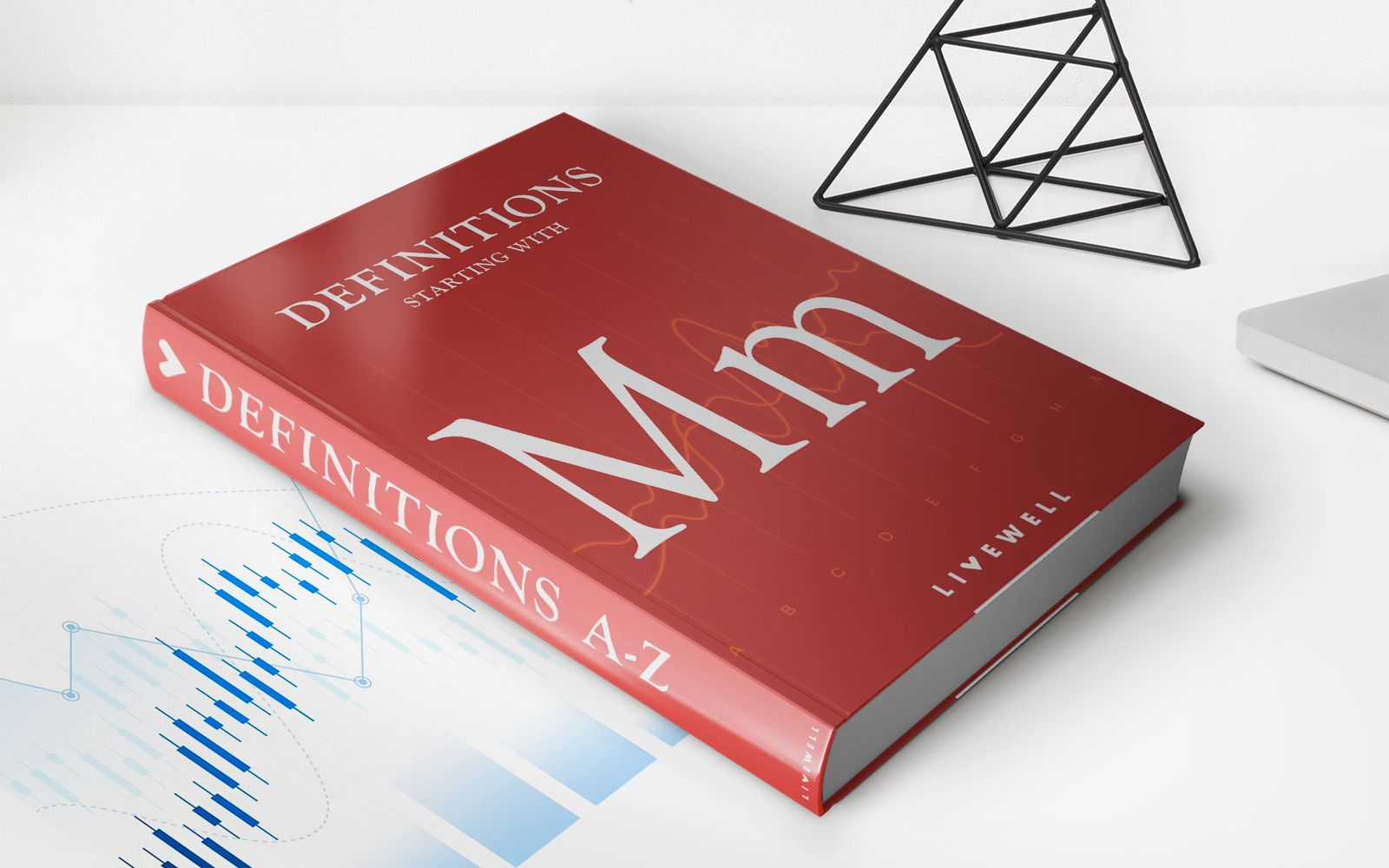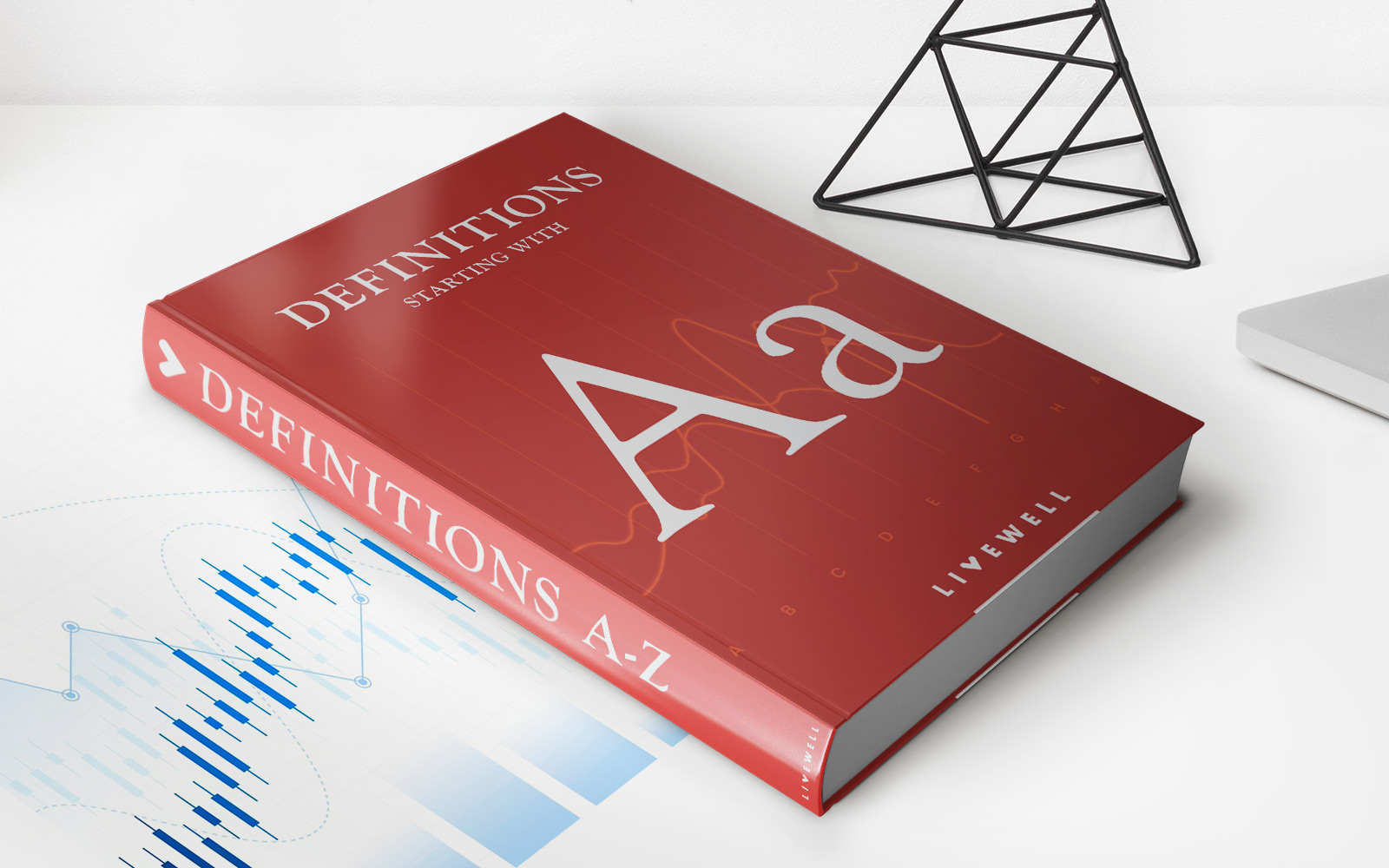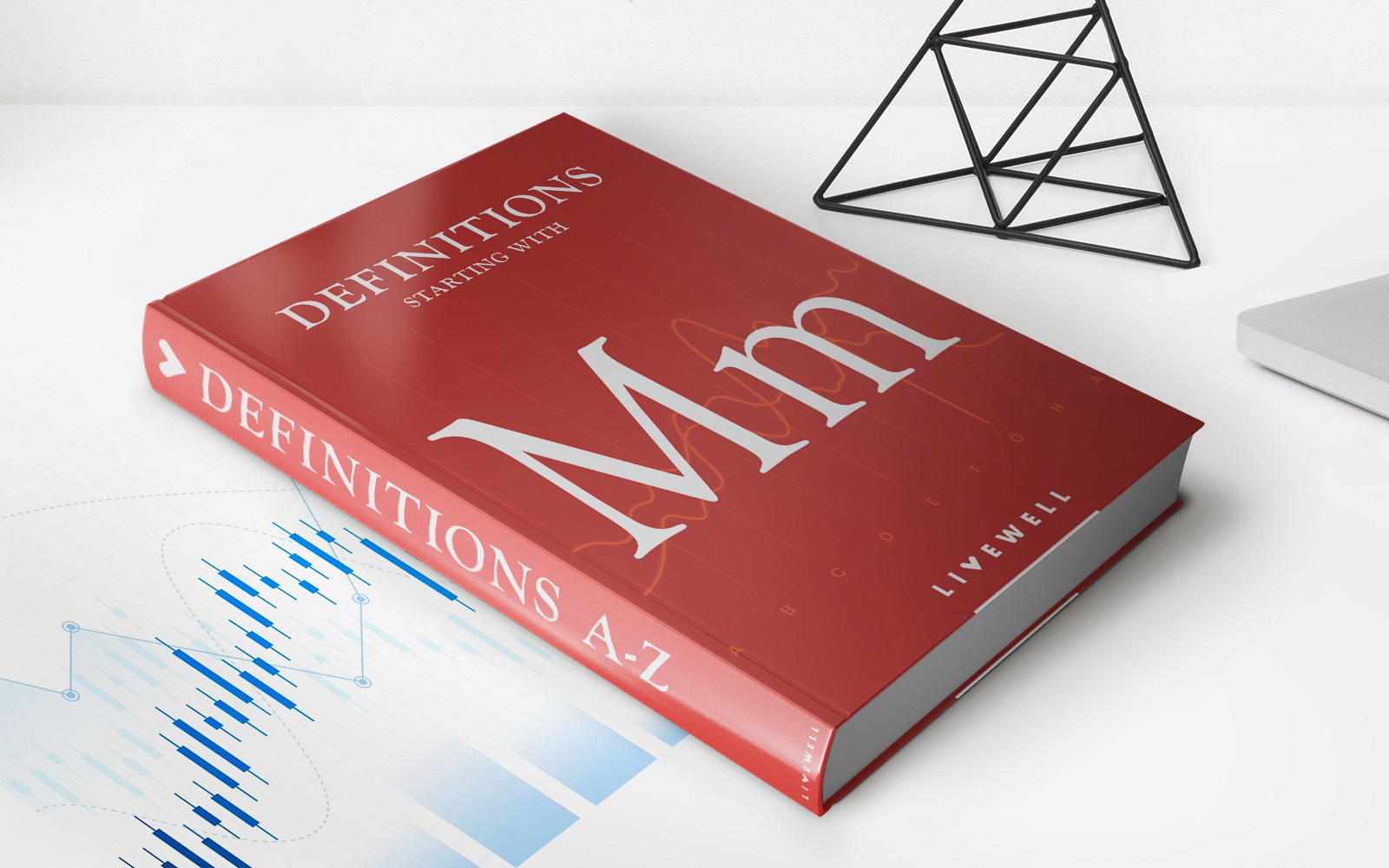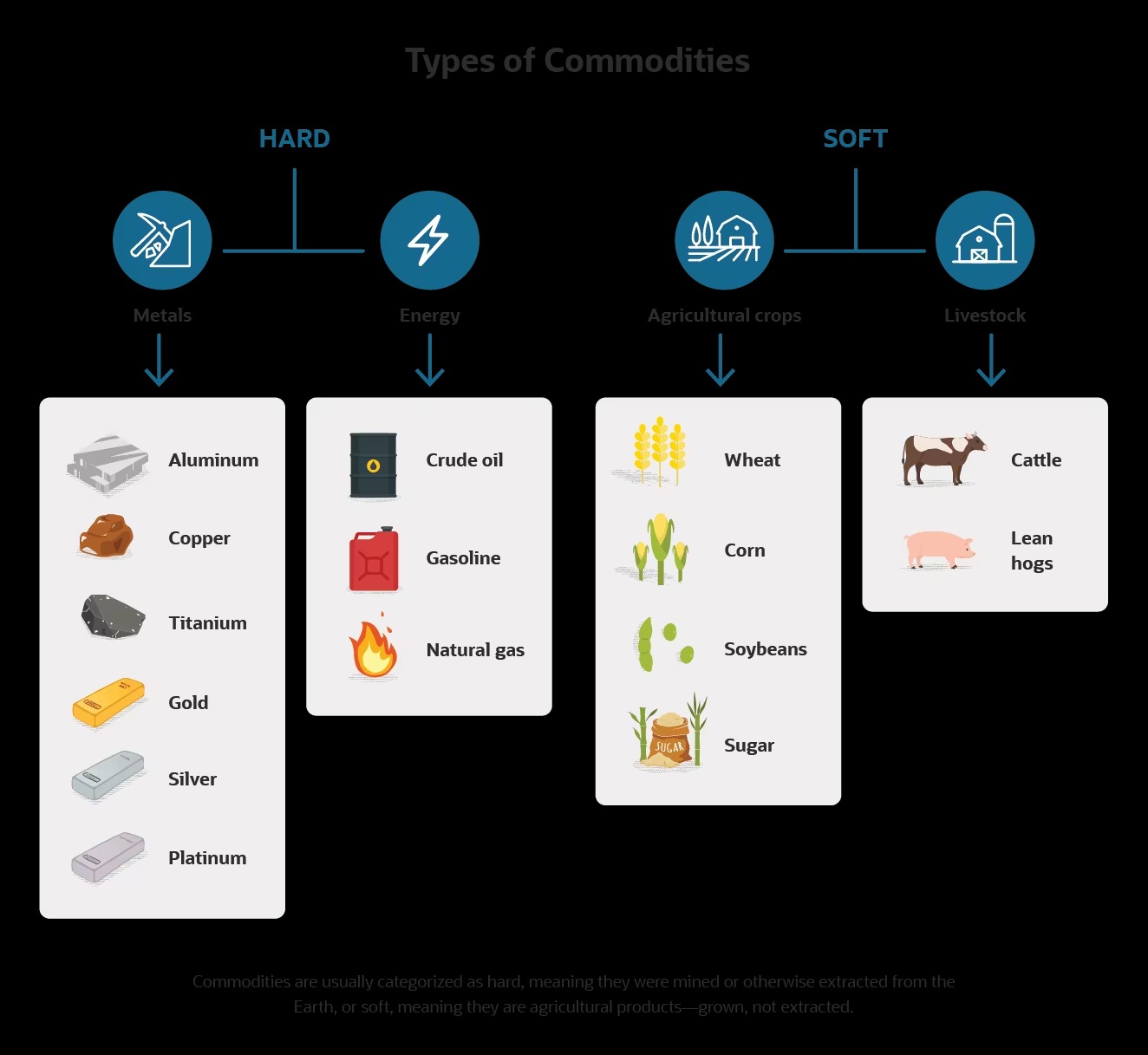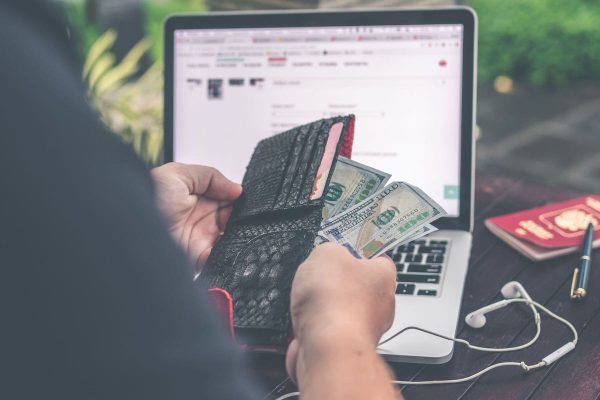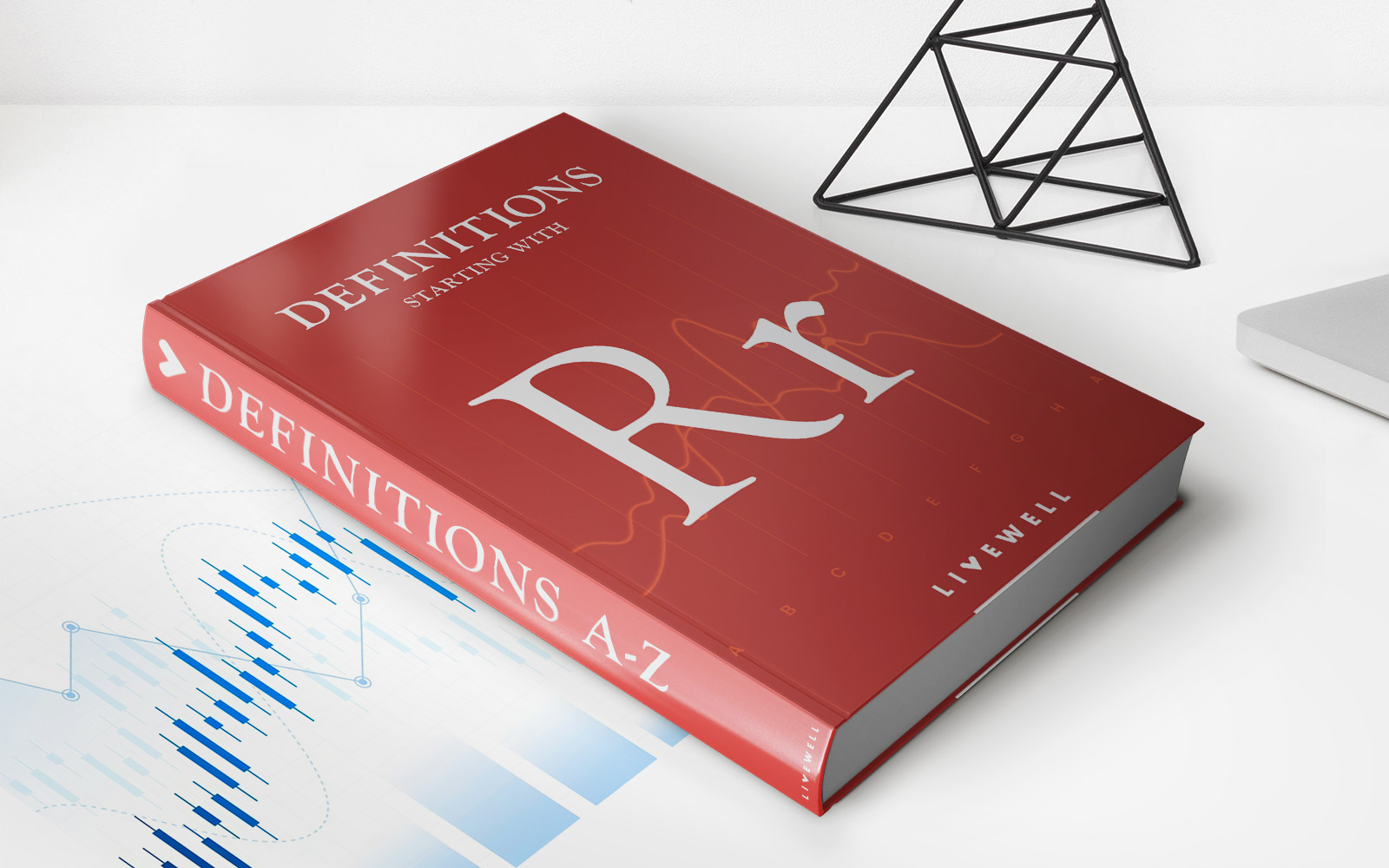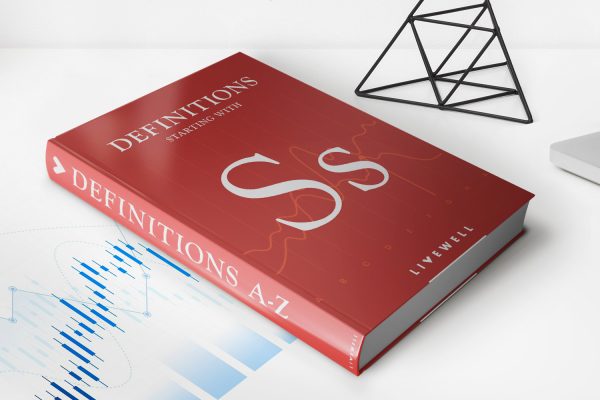
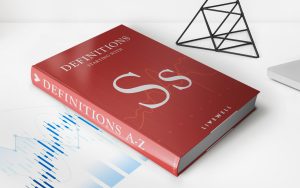
Finance
Sweetheart Deal Definition
Published: February 5, 2024
The sweetheart deal definition in finance refers to a special agreement that offers favorable terms or benefits to specific individuals or organizations. Explore how these deals can impact financial markets and stakeholders.
(Many of the links in this article redirect to a specific reviewed product. Your purchase of these products through affiliate links helps to generate commission for LiveWell, at no extra cost. Learn more)
Understanding Sweetheart Deals: Definition and Examples
When it comes to navigating the complex world of finance, it’s important to understand various terms and concepts that can significantly impact your financial well-being. One such term that often pops up in discussions is “sweetheart deal.” But what exactly does it mean, and how does it affect individuals and organizations? In this blog post, we’ll break down the definition of a sweetheart deal, provide examples, and explore its implications.
Key Takeaways:
- A sweetheart deal refers to an agreement that is favorable to one party over another, often resulting in undue advantages or benefits.
- These deals typically occur in situations where there is a close relationship or special treatment between the involved parties.
Now, let’s dive deeper into what a sweetheart deal entails.
What is a Sweetheart Deal?
A sweetheart deal, also known as a favorable agreement or preferential treatment, is a term used to describe an arrangement in which one party receives special benefits or advantages at the expense of the other party. These deals often occur due to personal connections, special relationships, or undue influence.
Typically, sweetheart deals involve an exchange that is skewed in favor of one party, resulting in an unfair advantage or disadvantage for the other party involved. These arrangements can take various forms, such as discounted prices, exclusive access to resources, or favorable contract terms.
So, you might be wondering, who benefits from these deals and why do they happen?
Examples of Sweetheart Deals
Sweetheart deals can occur in a range of scenarios, from corporate environments to government contracts and even personal transactions. Here are a few examples to provide you with a better understanding:
- Corporate Bailouts: During times of financial crisis, governments may provide financial assistance to struggling companies. However, if a government offers a favorable bailout package to a particular company while neglecting others, it can be considered a sweetheart deal.
- Conflicts of Interest: In some cases, individuals in positions of power exploit their connections for personal gain. For instance, if a public official awards a contract to a company they have personal ties with, disregarding fair competition, it can be seen as a sweetheart deal.
- Real Estate Transactions: Sweetheart deals can also occur when properties are sold below market value due to personal relationships or agreements between sellers and buyers.
It’s important to note that sweetheart deals are not inherently illegal, as legality can vary depending on jurisdiction and specific circumstances. However, they often draw ethical concerns and can undermine fairness, transparency, and trust in various sectors.
The Implications and Impact
When sweetheart deals take place, they can have far-reaching implications, affecting both individuals and society as a whole. Here are some key consequences that arise from these agreements:
- Eroding Trust: Sweetheart deals can erode public trust in institutions when favoritism and unfair practices come to light. This can lead to a loss of confidence in the parties involved and the systems they represent.
- Market Distortion: These deals can distort fair competition and market dynamics by giving undue advantages to specific companies or individuals, leading to an imbalance in economic opportunities.
In conclusion, understanding the concept of sweetheart deals is essential for anyone interested in finance and ethical business practices. By recognizing the implications and recognizing instances where these deals occur, individuals and organizations can work towards a fairer and more transparent financial landscape.
